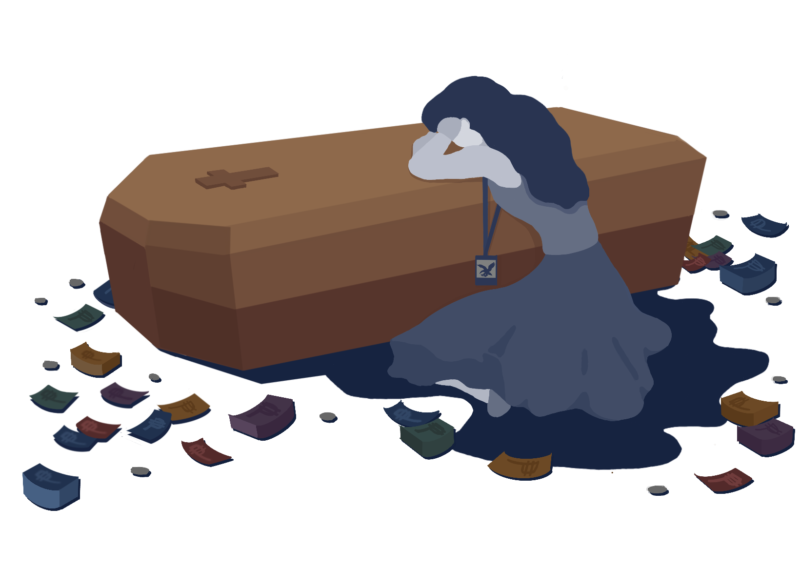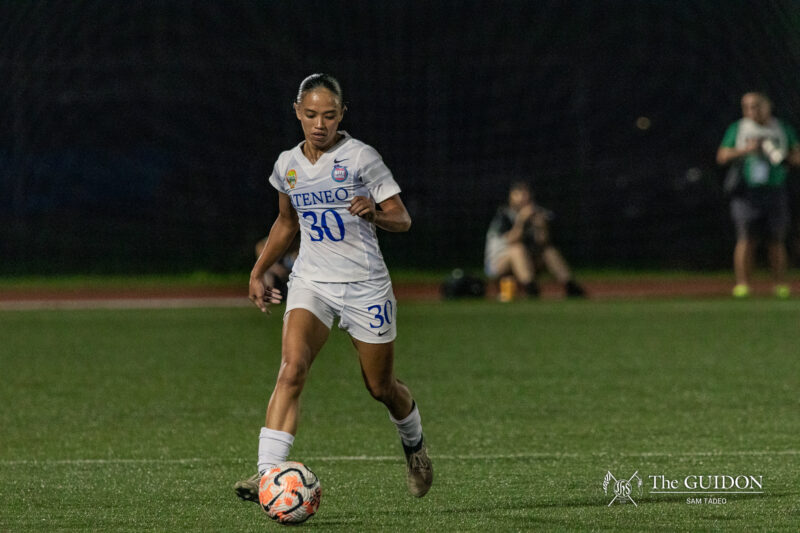Excerpts from Intellectual Property Code of the Philippines show the specificity of this piece of legislation with regard to the fair use of copyrighted material and the definition of their infringement.
Sec. 184: Limitations on Copyright
184.1 Notwithstanding the provisions of Chapter V, the following acts shall not constitute infringement of copyright:
C. The reproduction or communication to the public by mass media of articles on current political, social, economic, scientific or religious topic, lectures, addresses and other works of the same nature, which are delivered in public if such use is for information purposes and has not been expressly reserved: Provided, That the source is clearly indicated;
E. The inclusion of a work in a publication, broadcast, or other communication to the public, sound recording or film, if such inclusion is made by way of illustration for teaching purposes and is compatible with fair use: Provided, That the source and of the name of the author, if appearing in the work, are mentioned;
F. The recording made in schools, universities, or educational institutions of a work included in a broadcast for the use of such schools, universities or educational institutions: Provided, That such recording must be deleted within a reasonable period after they were first broadcast: Provided, further, That such recording may not be made from audiovisual works which are part of the general cinema repertoire of feature films except for brief excerpts of the work;
Sec. 185: Fair Use of a Copyrighted Work
185.1. The fair use of a copyrighted work for criticism, comment, news reporting, teaching including multiple copies for classroom use, scholarship, research, and similar purposes is not an infringement of copyright. Decompilation, which is understood here to be the reproduction of the code and translation of the forms of the computer program to achieve the inter-operability of an independently created computer program with other programs may also constitute fair use. In determining whether the use made of a work in any particular case is fair use, the factors to be considered shall include:
A. The purpose and character of the use, including whether such use is of a commercial nature or is for non-profit education purposes;
B. The nature of the copyrighted work;
C. The amount and substantiality of the portion used in relation to the copyrighted work as a whole; and
D. The effect of the use upon the potential market for or value of the copyrighted work.
185.2. The fact that a work is unpublished shall not by itself bar a finding of fair use if such finding is made upon consideration of all the above factors.






